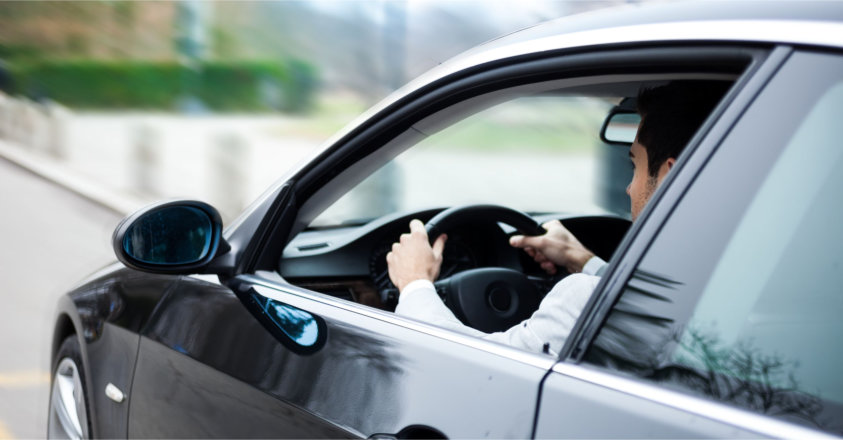Buying a car is a big commitment, and it’s important to be aware of the questions to ask before shaking hands on a deal. When buying a second hand car the onus is often on you alone, therefore it’s vital you know what to beware of. There are a lot of fantastic second-hand cars out there to suit your budget and lifestyle so don’t rush into anything without doing your homework. I’ve teamed up with Liberty Insurance Ireland to put together a list of tips to help make the process a little easier.
Your wishlist and budget
When you buy a used car, the original owner has already taken the depreciation hit and a car that is 2 – 3 years old can be a wise choice financially. If you are not sure what type of car you want, check the price of cars online to show you what is available in various price ranges. Think about what you want from a car? Is size important? Do you need a big boot? Visit car dealerships and ask about models you are interested in. What specifications are important to you? And are they worth the money? How new can you afford to go? Compare prices of different models and decide how much you are willing to spend. Decide on a budget and stick to it.
History
NCT reports on cars that are over 4 years’ old and this will demonstrate how previous owners looked after the car. The car’s previous life and how it was maintained will influence potential breakdowns and repairs. When looking at second-hand cars, the service history and mileage is a good indicator of the reliability and value of the car. www.motorcheck.ie is a comprehensive used car database that will tell you the history the car before you buy it. Looking at a car’s history will reveal any mileage tampering or serious accidents.
Repairs
Buying a second-hand car means that the possibility of breakdowns is increased, especially if it is a much older car. An older car will need repair more than a new car, and it may need some need parts. Ask the seller if it is due a major service, or what work has it needed in the past. Of course, not all second-hand cars will have ongoing issues. Be sure to get a trusted mechanic to inspect it and they can advise if it is value for money.
Private seller or car dealership?
If you buy from a private seller, you may have no comeback if the car breaks down within the first few weeks. Remember, don’t agree to meet in a car park or at the side of the road to view a car, insist on going to the seller’s home. If you decide to go with a car dealership or garage, they may offer you a warranty which takes the pressure of if it needs new parts within the first few months. However, make sure that the dealership is a reputable business before you buy. Check online reviews of the dealership to see if there are any unhappy customers complaining of bad service etc.
Test drive
One of the most important things to do before you buy a car is to take it for a test drive. Drive it on a narrow winding road to see if its comfortable drive. How does it feel to you? Is it smooth while shifting gears? Test the clutch and the brakes. Test it on the motorway to make sure it reaches the speed limit smoothly. Are there any unsettling noises? Don’t hesitate to ask the seller if you have any doubts and get a professional second opinion. Taking a test drive doesn’t mean you have to buy the car, walk away if you are unsure.
Price the tax and insurance
Before you buy a car, it’s a good idea to price the tax and get a quote for insurance. The age of the car will affect the price, so it could be the deciding factor of the age of the car you end up buying. This is will also have to be factored into your budget as a future outgoing.
Armed with this knowledge, your experience of buying a second-hand car should be a lot less stressful. Decide what you want, ask the right questions, and if you have a buddy that is a mechanic, it’ll be a breeze! You and your new (-ish) car will enjoy years of happiness together! If you want affordable car insurance that gives you great cover, along with many additional benefits.

